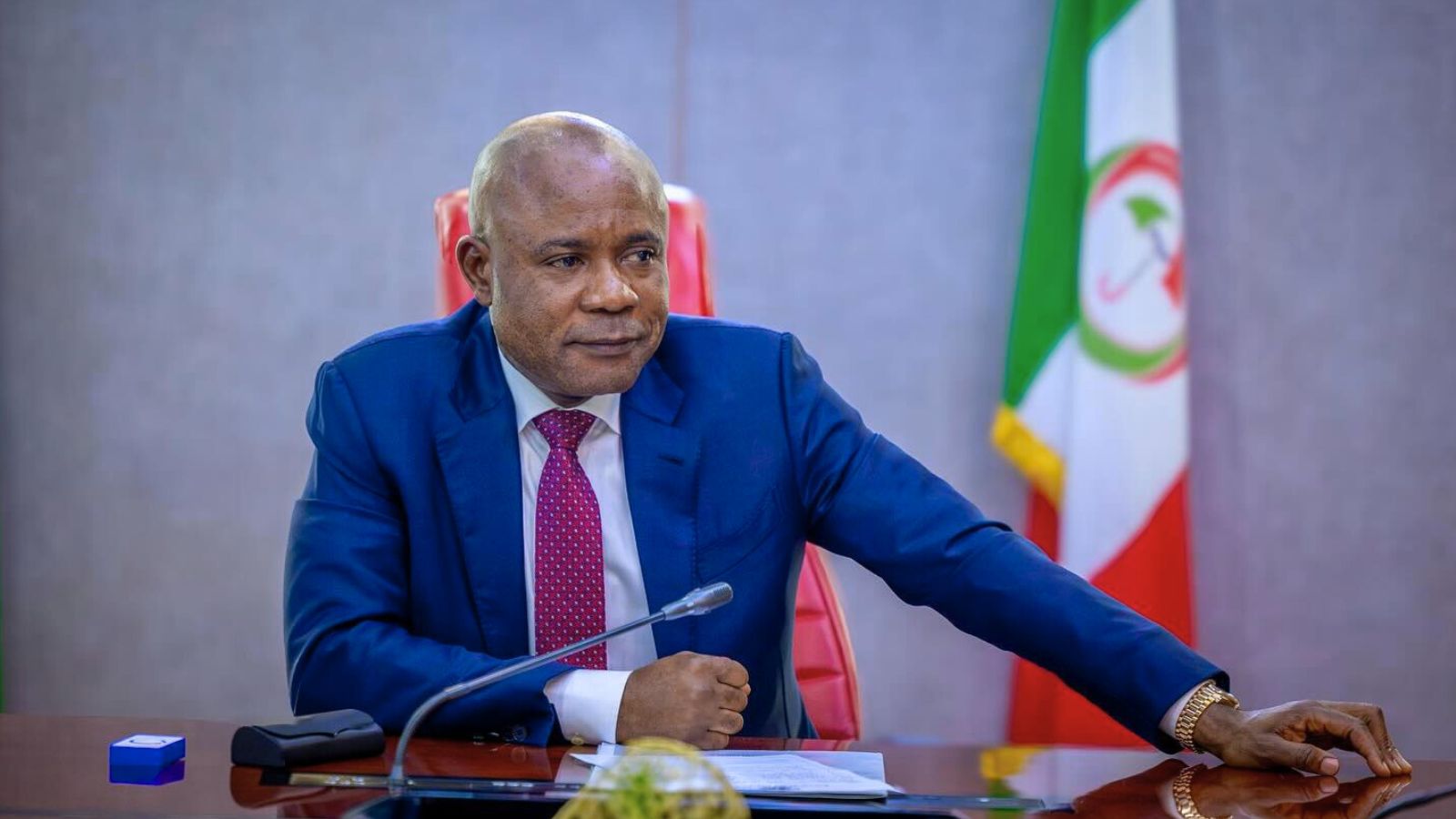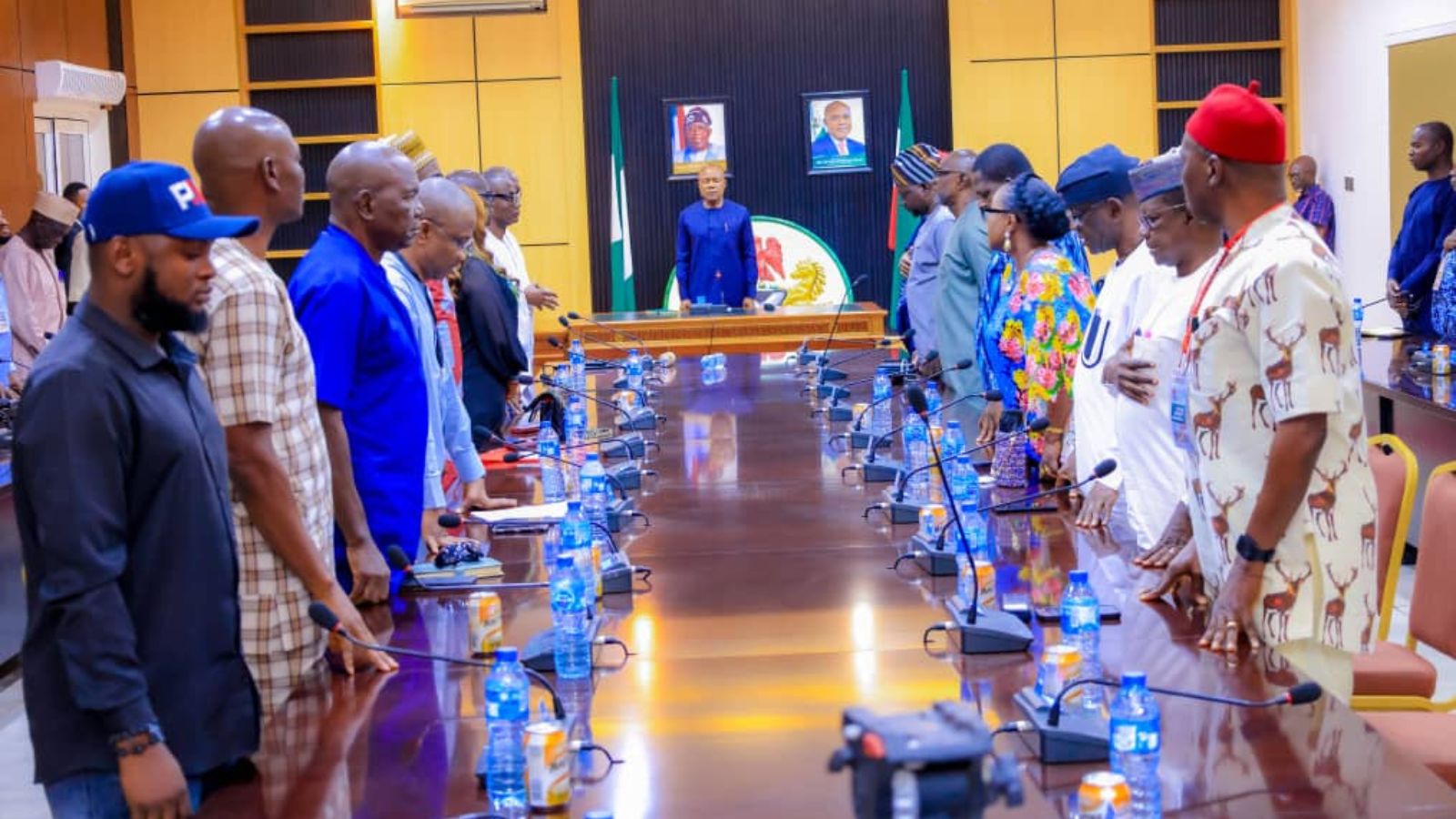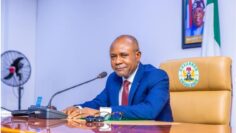
How Governor Peter Mbah Is Transforming Enugu with Smart Governance and Zero Loans
Governor Peter Mbah highlighted major achievements during an interactive session at the Nigerian Guild of Editors Biennial Convention in Enugu. When asked how his administration accomplished so much in just two years, he explained it resulted from boosting internally generated revenue (IGR), not external funding.
Two years ago, Enugu State’s yearly IGR was ₦25 billion. Today, the projection is ₦600 billion, over a 2,000% increase. Mbah clarified that they achieved this not by raising taxes, but by widening the tax base, bringing more individuals and businesses into the tax net and eliminating cash-based payments. All revenues go directly through digital platforms, reducing leaks and ensuring transparency.
For occasional funding gaps, the government uses short-term overdrafts they can promptly repay with incoming revenues, avoiding long-term loans.
Governor Mbah emphasized building sustainable, institution-based systems that outlive his administration. A key example is the Smart Green Schools program. He explained that, beyond constructing school buildings, they’re training civil servants on digital systems and embedding initiatives firmly into state structures, ensuring continuity and effective service delivery.
He noted all 111 Ministries, Departments, and Agencies in Enugu are integrated into the state’s e-governance platform. Financial operations are now digitized: monthly reports and transaction trails are publicly accessible, allowing real-time tracking of revenue and expenditures strengthening accountability.

On agriculture, Enugu State has allocated 300,000 hectares of land for commercial farming and 200-hectare estates in each of the 260 wards. Some partnerships involve 60, 40 profit splits, while others provide land leases and support to help investors. Already, over 67,000 hectares have been leased, with strong investor interest continuing.
Mbah also defended the Smart Green Schools, a flagship education project. He emphasized education as the foundation of wealth and future competitiveness, especially in a rapidly evolving global economy. Starting at age three, children receive experiential learning in robotics, AI, mechatronics, and VR. Health clinics in schools address child health and nutrition. The program includes teacher training through the Center for Experiential Learning and Innovation, currently training 18,000 educators. The initiative has been recognized with a grant from the Spencer Foundation.
Enugu’s development model embraces inclusive growth. Governor Mbah said rural-to-urban migration has reversed, with many people moving to rural areas where civil works and public utilities are being constructed. Each of the 260 wards is seeing major educational, healthcare, and agricultural projects using heavy equipment. City construction is so extensive that machinery has even been brought in from other states.
A new city master plan, updated after sixty years, accommodates 300,000 households. This New Enugu City will feature fully serviced plots, water, sewage, electricity, fiber-optic internet, gas, and roads designed for modern traffic, including future light rail lines.
Security and connected infrastructure have also evolved. Enugu has installed a fiber-optic-based Command and Control Center for real-time camera surveillance that works in all weather. This system is now being expanded beyond the city to cover gateway roads and all communities.
Overall, Governor Mbah presented a forward-looking vision: a digitally enabled, transparent, educated, secure, and sustainable Enugu State where investments, human capital, and infrastructure growth are closely managed and future proofed.










